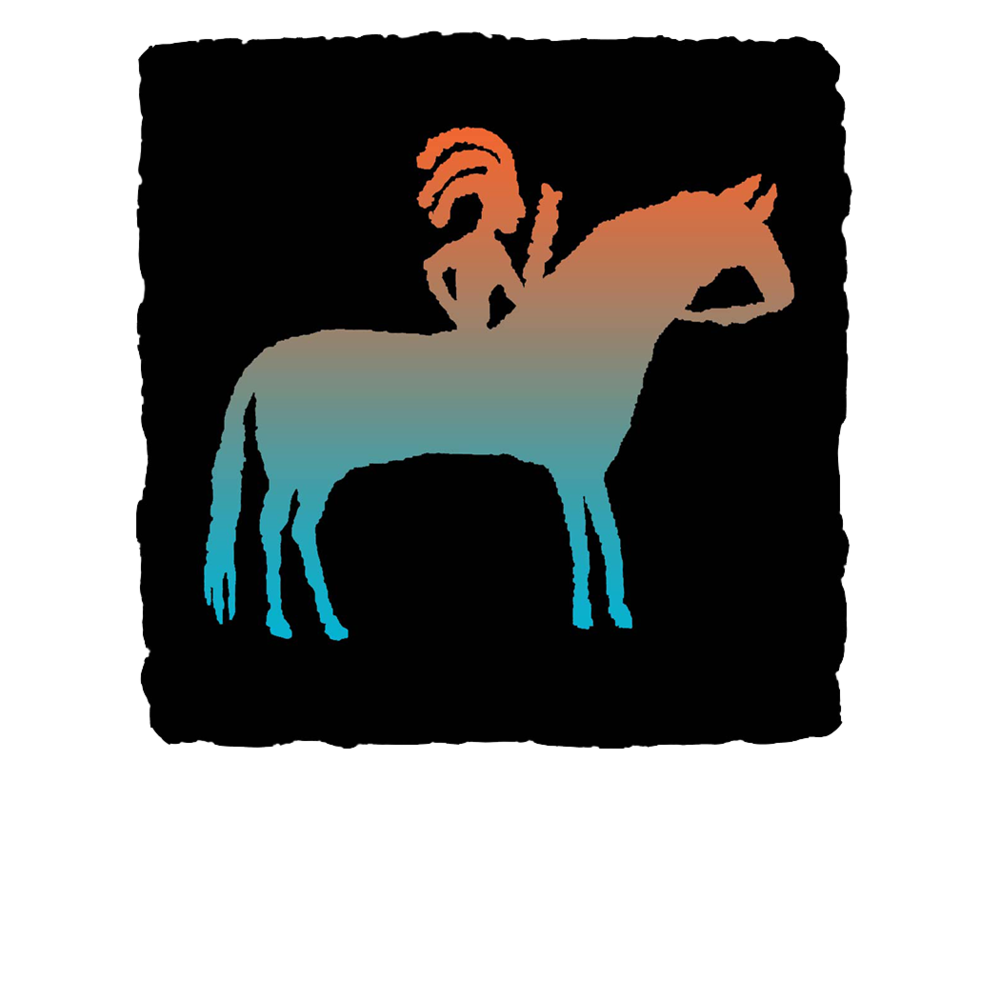Join us on October 7, 2021, at 3:10 PM CST for this lecture by Caitlin Ahrens! We will explore the current mysteries of our Solar System by looking at the past space exploration efforts of the Apollo and Voyager Eras, and how we’ll move forward to the Artemis Era at the Moon and further Mars exploration. We’ll also look at the multitude of planetary missions and lessons learned through the years with ingenuity. Let’s dive into why we keep going to Mars, why we need to go back to the Moon, and why Venus is such an unforgiving planet for space exploration.
This event will be live-streamed on Facebook Live. Watch online only.
The museum will be open to the public with regular hours, reserve your free timed ticket for entry.
This event will be recorded and archived on our website.
About Caitlin Ahrens
Caitlin Ahrens' research involves remote sensing of icy surfaces and volatile interactions, including permanently shadowed craters at the lunar poles, focusing on the composition, phases, and thermodynamics of ices. Dr. Ahrens' specific expertise focuses on modeling of thermal phases of ices, and applications to geomorphological/geophysical data on icy surfaces, including the compositions and rheology of cryovolcanism. Dr. Ahrens also works on a number of planetary volcanism projects, including lava flow morphology, caldera formation, and rheology, on Mars, Ceres, and Pluto. Dr. Ahrens is currently applying LRO Diviner data with a myriad of other remote sensing data to investigate the volatiles at the lunar surface.
Dr. Ahrens received her B.S. in Physics/Astrophysics and Geology from West Virginia University in 2015, and a Ph.D. in Space and Planetary Science at the University of Arkansas in 2020.
Dr. Ahrens is currently a NASA Postdoctoral Program Fellow at the Goddard Space Flight Center, advised by Dr. Noah Petro.

